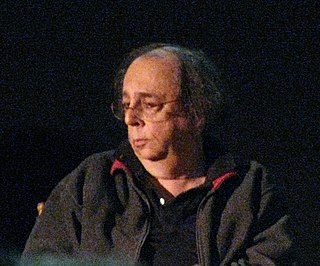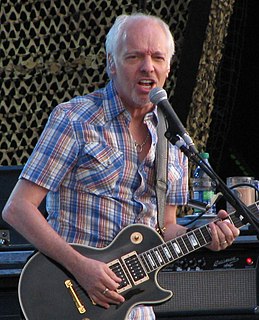A Quote by Martin Zweig
To me, the "tape" is the final arbiter of any investment decision. I have a cardinal rule: Never fight the tape!
Related Quotes
People who leave their cars on the street with tape covering their broken windows are obviously too trusting. I mean, when your car did have glass for a window, someone broke into it. How is tape any more of a deterrent? What are the thieves going to say? Ooh, that like looks like duct tape, we can't beat that. Let's look for one with scotch or masking.
The number of times that anything is overdubbed on 'Frampton Comes Alive!'... the rule was, if it didn't make it to the tape, then we can redo it because it needs to be done. If it made it to the tape, and it sounds good, we leave it. So nothing was overdubbed on that album at all that wasn't absolutely necessary.
Welcome to Fight Club. The first rule of Fight Club is: you do not talk about Fight Club. The second rule of Fight Club is: you DO NOT talk about Fight Club! Third rule of Fight Club: if someone yells “stop!”, goes limp, or taps out, the fight is over. Fourth rule: only two guys to a fight. Fifth rule: one fight at a time, fellas. Sixth rule: the fights are bare knuckle. No shirt, no shoes, no weapons. Seventh rule: fights will go on as long as they have to. And the eighth and final rule: if this is your first time at Fight Club, you have to fight.
I had invented my own system, my own way of making electronic music at the San Francisco Tape Music Centre, and I was using what is now referred to as a classical electronic music studio, consisting of tube oscillators and patch bays. There were no mixers or synthesizers. So I managed to figure out how to make the oscillators sing. I used a tape delay system using two tape recorders and stringing the tape between the two tape machines and being able to configure the tracks coming back in different ways.
































